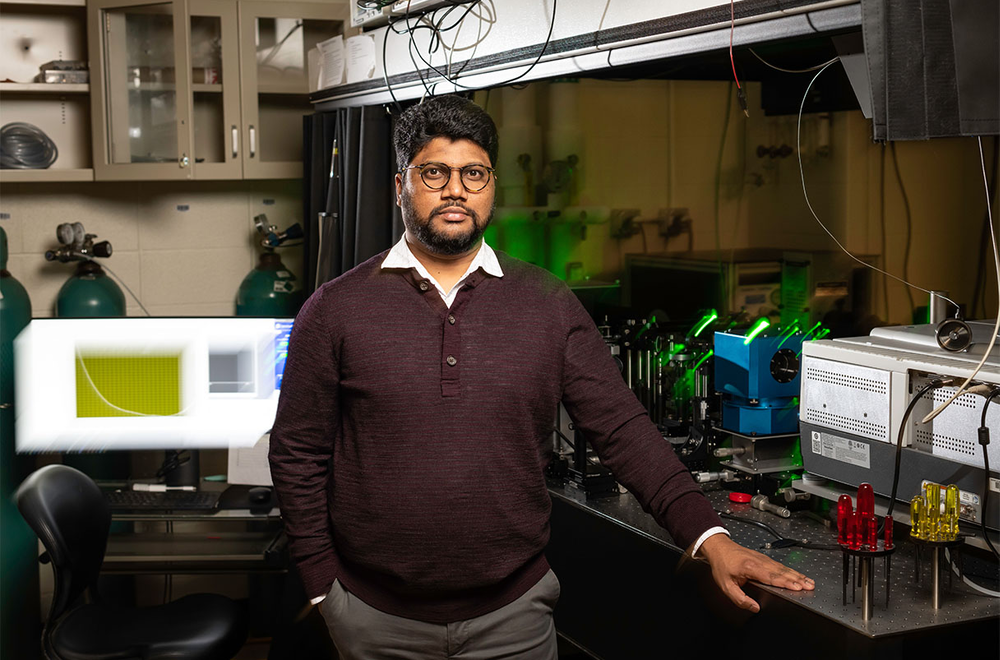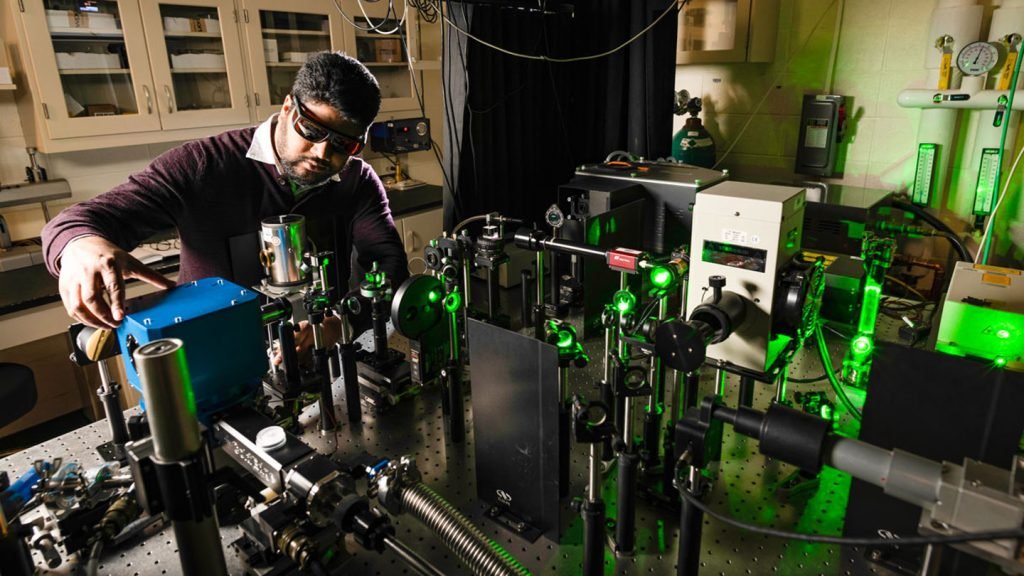Ranga Dias and Ashkan Salamat, two scientists who led the writing of a groundbreaking paper, are facing their third high-profile retraction. This is bad news for the field of superconductivity research. Concerns about the integrity of the field and the possible damage to the reputations of the researchers involved have been made by the controversy surrounding their work.
Retraction Details
The eight co-authors who asked for the retraction notice point out problems with the published paper that have to do with the materials that were studied, the measures that were made, and the way the data was processed. This is Dias and Salamat’s third retraction, which makes people even less sure about what they wrote before. Another paper was taken down by Nature last year, and another was taken down by Physical Review Letters this August.
Controversies Surrounding Dias

For example, Ranga Dias has been accused of plagiarizing parts of his PhD work more than once. Even though there were problems with the first two retractions, Dias hasn’t said anything about the current controversy. On the other hand, Ashkan Salamat agreed with the retractions this year.
Field’s Reaction
The scientific community has had a range of reactions to these retractions. Some experts were not surprised, given the history of problems. A physicist at Iowa State University named Paul Canfield warns that the Dias-Salamat collaboration could hurt the field’s image by spreading a “foul vapor.”
Superconductivity in 2023
Dias and Salamat’s retracted paper was the second significant claim of superconductivity to face scrutiny in 2023. A separate team in Seoul reported a crystalline material, LK-99, exhibiting superconductivity. However, subsequent investigations revealed that the material did not possess superconducting properties as initially claimed.
you might be like this: NASA Determines Mission Scope for Upcoming SpaceX Resupply Mission to ISS
Skepticism and Unresolved Issues
People who work in the field had doubts about Dias and Salamat’s claims from the start. Some people were skeptical about how the material’s electrical resistance was measured and asked if the trait really did drop to zero. The problems that were not solved, as explained in the retraction notice, have made people question the reliability of the paper that was published.
Editorial Review Process
Since the controversial paper came out, there have also been questions about how Nature’s editing review process works. Some experts want to know why the problems were not found earlier by the reviewers. Nature’s response shows how hard it is to tell if the written paper accurately describes the study that was done, which shows how hard it is to decide what to publish.
Doubts Among Condensed-Matter Physicists

Condensed-matter scientists have made it clear that they don’t trust Dias and Salamat’s work. Lilia Boeri, a physicist at Rome’s Sapienza University, says that serious physicists saw problems with the work right away. Peter Armitage, an experimental physicist at Johns Hopkins University, talks about his worries about the peer review process and the need for close examination.
Reproducibility Challenges
One lab says it partially replicated Dias and Salamat’s results using a sample from the Rochester team, but many others that tried to do the same tests had problems. Some experts thought the claims were unlikely from the start, questioning the make-up of the material and how likely it was to become superconducting under the given conditions.
Investigations and Credibility Concerns
Physical Review Letters started investigations that showed data that seemed to have been faked. This made people even less confident in Dias and Salamat’s study. Because of anonymous criticism, Nature did its own investigation into the published data, which raised more doubts about their reliability.
Potential Ramifications
There are bigger problems in the game that are caused by the ongoing scandals involving Dias and Salamat. Some researchers are worried that the collaboration’s bad name will make young researchers and funding bodies not want to work with them. The University of Rochester is looking into Dias’s PhD thesis because of claims of copying, which makes things even more complicated.
Community Response and Funding Outlook
Some people are worried that the field’s credibility could be hurt, but others are still positive about the future of study into superconductivity. Ho-Kwang Mao, who runs the Center for High Pressure Science and Technology Advanced Research in Beijing, thinks that careful reviews might be needed, but he doesn’t think that they will have a big effect on funds. Hai-Hu Wen, who is in charge of the Center for Superconducting Physics and Materials at Nanjing University, also has a hopeful view. He says that people are still interested in room-temperature superconductors.
Communication Challenges
Even though people in the community have said they are not worried, there are worries that the problems with Dias and Salamat could make it harder to hire students to work on superconductors. Lilia Boeri stresses the importance of good communication to reassure people that the field keeps high standards despite a few isolated events.
Conclusion
A cloud has been put over the field of superconductivity research as a result of the string of retractions and controversies that have involved Ranga Dias and Ashkan Salamat. It remains to be seen how the scientific community will respond to the issues given by these high-profile retractions and claims, and whether or not the field will be able to rebuild the faith of both researchers and funding organizations as it continues to deal with the aftermath.
